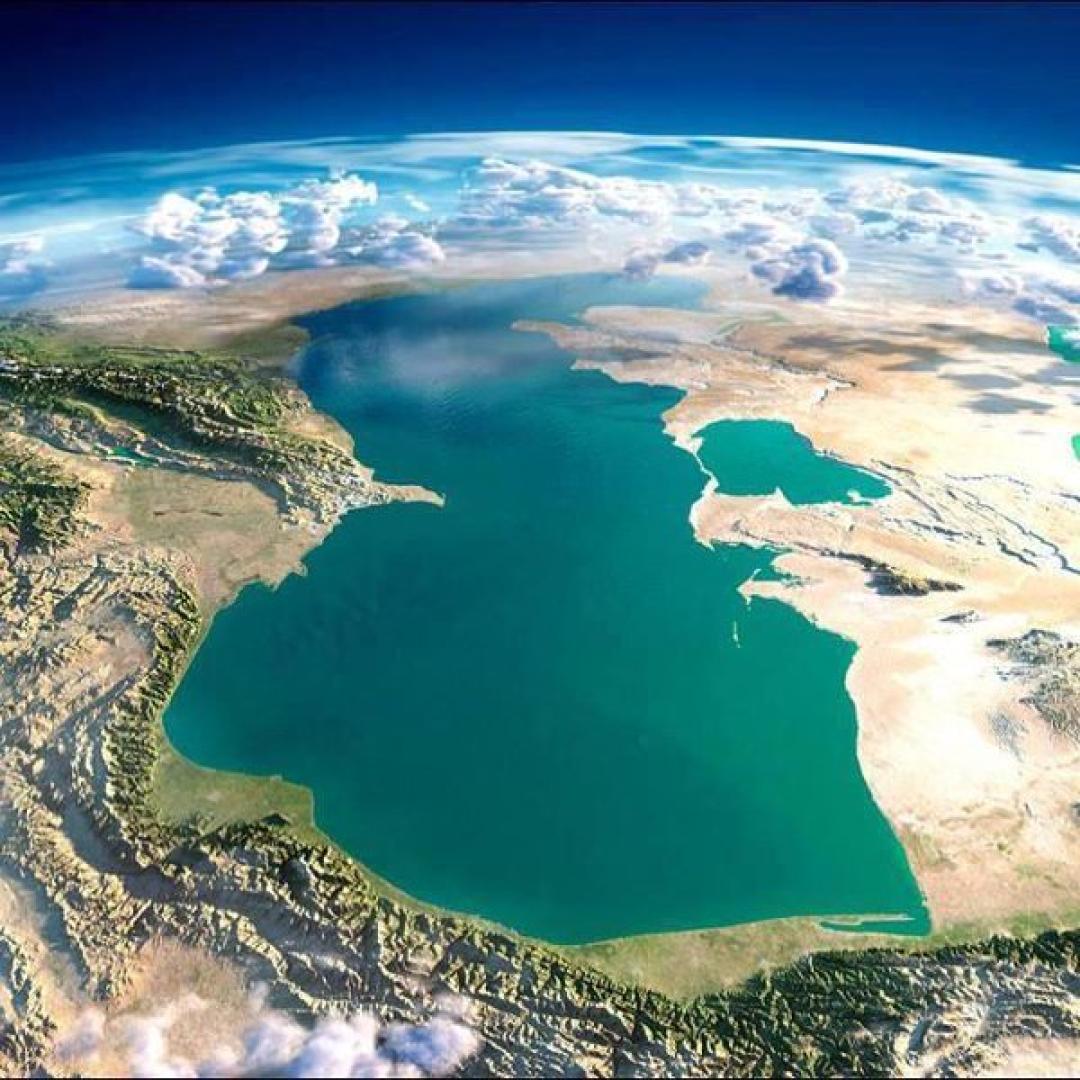
Western scientist warn that the Caspian Sea could lose up to a third of its area by the end of the century

On 25 December, scientists Matthias Prange, Thomas Wilke & Frank P. Wesselingh warned that the Caspian Sea by the end of the century is expected to shrink by about 25%, uncovering 93,000 square kilometers of dry land — comparable to the size of Portugal.
The research paper stressed that the alarming rates of water level decline would threaten people, biodiversity and geopolitical stability in the Caspian Sea region. They added that solutions are limited as the sea’s falling water levels are tied to rising greenhouse gas emissions, a problem that can only be addressed through global cooperation.
“In Soviet times, large scale water diversions from Siberian rivers were proposed to deal with the shrinking Aral Sea to the east. But such large works – in the case of the Caspian Sea, a canal from the Black Sea might be considered – come with huge ecological and geopolitical risks,” the scientists wrote.
They further argued that global warming has massively disturbed the balance between the inflow from the Volga and the evaporation over the outflow-free lake. Much more water evaporates than the river, from which 90 percent of the fresh water comes, can supply. Russian scientists believe that it doesn't have to stay that way, stating that global warming also has another effect. They assume that in the next few years more rain will fall in the European part of Russia and that the Volga will carry more water. Prange has taken the prognosis into account in his model and says: “That will not be enough.” He did not even take into account the fact that Russian agriculture, which was on the ground in the 1990s, will need more water from the Volga once it has stabilised.
The western scientist argued that the effect will be particularly strong in the north of the Caspian Sea. The effect will be particularly strong in the shallow brackish water regions in the north of the Caspian Sea. According to the calculations, tens of thousands of square kilometers fall dry there. “Today it is a unique biotope, a laboratory for evolutionary biologists, with many endemic species, meaning animals that only occur here,” enthuses Wilke. The Caspian seal is just the most famous of them. “We're losing them now,” he fears. And with them the flamingo populations. Things are also looking bleak for the sturgeon, even if it is often kept in aquaculture today.
On 30 May 2020, the Water Research Institute at the Iranian Center for Caspian Sea Studies and Research reported that the water level of the Caspian Sea in 2019, following its declining trend since 1995, has reached its lowest level in 30 years: dropping to -27.18 meters, which shows a 13 centimeters decrease compared to 2018. The research also emphasised that too much water abstraction from the Volga river for agricultural purposes, as well as evaporation and temperature increase had left a direct effect on the reduction of the Caspian Sea’s level.
See Also


Mirzoyan Meets US Deputy Assistant Secretary Joshua Huck

Azerbaijani President Holds Talks with UAE and German Business Delegations on Economic Cooperation

Grigoryan Confirms Armenia’s Readiness to Dissolve OSCE Minsk Group Upon Peace Treaty Signing

Azerbaijani Official Warns of Ecological Risks to Caspian Sea, Similar to Lake Urmia and Aral Sea

